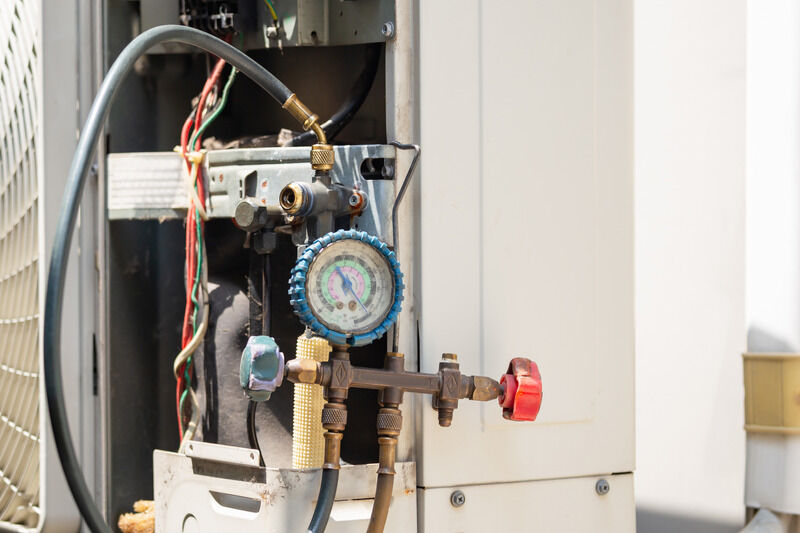Drain Cleaning & Leakage Check
So, what exactly is Drain Cleaning & Leakage Check? Simply put, it involves the maintenance and inspection of your home’s drainage system to ensure everything is flowing smoothly and there are no leaks causing water damage or waste. Think of it as a health check-up for your home’s water systems!

Why Drains Get Blocked
Drains can become blocked for a variety of reasons—food debris, hair, grease, and even small objects that accidentally find their way down the drain. Like a clogged artery in the human body, a blocked drain can lead to bigger health issues for your home!
Signs of Drainage Issues
Have you ever noticed water backing up as you shower, or a strange gurgling sound coming from your kitchen sink? These are tell-tale signs that your drains might be blocked. Other signs include bad odors and slow draining water.
Basic Drain Cleaning Techniques
Clearing a blocked drain doesn’t always require professional help. Simple techniques like using a plunger, pouring boiling water down the drain, or using a mixture of vinegar and baking soda can often do the trick.
Tools for Drain Cleaning
For tougher jobs, you might need some specific tools. A plumber’s snake, also known as a drain auger, is great for reaching deeper clogs, while a drain claw can grab and pull out hair and other debris.
How to Check for Leaks
Detecting leaks early can save you a lot of trouble and money. Look for damp spots on your walls, ceilings, or floors, especially if they’re accompanied by a musty smell. Listening for the sound of running water when all taps are turned off can also indicate a leak.
Common Causes of Leaks
From high water pressure causing strain on your pipes to simple wear and tear, leaks can originate from many places. Even a slight shift in your foundation can cause a pipe to break!
Fixing Leaks: DIY vs. Professional
While some small leaks can be fixed with a bit of Teflon tape or plumbing putty, more significant issues should be handled by professionals to prevent potential future damage.
Preventative Measures
Regularly cleaning your drains and inspecting your pipes can prevent the headaches caused by blockages and leaks. Consider installing strainers on all your drains to catch debris before it becomes a problem.
When to Call a Professional
If you’ve tried everything and your drain is still not clear, or if you’ve found a leak that you can’t fix, it’s time to call in a professional plumber. They can resolve the issue quickly and efficiently.
Environmental Impact of Leaks
Leaks not only waste water but can also cause significant environmental damage if not addressed promptly. They can lead to soil erosion and even contaminate your local groundwater.
Cost of Neglecting Drains and Leaks
Ignoring drainage issues can lead to serious damage over time, potentially costing you a lot more in repairs and water bills. It’s much cheaper to maintain than to repair!
Legal Aspects of Water Damage
In some cases, water damage can lead to legal issues, especially if it affects neighboring properties. Keeping your plumbing in good condition can prevent such disputes.
Conclusion
Maintaining your home’s plumbing system through regular Drain Cleaning & Leakage Check is not just about preventing inconvenience; it’s about safeguarding your home’s integrity and your family’s health. So, why not take a closer look at your drains today?
FAQs
1. How often should I clean my drains?
Ideally, you should clean your drains at least once every three months to prevent buildup.
2. What is the best homemade solution for clearing drains?
A combination of baking soda and vinegar poured down the drain, followed by hot water, can effectively clear many clogs.
3. Can a leak increase my water bill?
Absolutely, even a small leak can waste gallons of water a day, leading to a noticeable increase in your water bill.
4. Should I use chemical drain cleaners?
While chemical drain cleaners can provide a quick fix, they often do more harm than good, damaging your pipes over time. It’s better to use mechanical means or natural cleaners.
5. What should I do if my water bill suddenly increases?
Check for leaks around your property. If you can’t find the source, consider calling a professional to conduct a thorough check.
